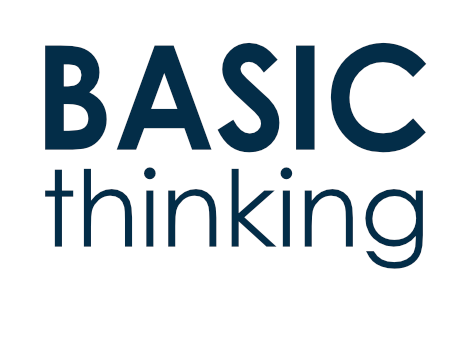Security Focus: WordPress is prone to a HTML-injection scripting vulnerability because the application fails to properly sanitize user-supplied input. Attacker-supplied HTML and script code would execute in the context of the affected site, potentially allowing the attacker to steal cookie-based authentication credentials or to control how the site is rendered to the user; other attacks are also possible. Versions prior to 2.0.6 are vulnerable to this issue.
dazu die Datei Templates.php im Ordner /WP-ADMIN/ nach Anleitung auf Bueltge.de bearbeiten oder die gefixte Datei gleich von der Originalquelle („Ziel Speichern Unter“..) und in den Folder Wp-Admin hochladen.
Hinweis von Fabian zu Bueltges Anleitung, die Datei händisch zu editieren: Achtung, die Anleitung auf bueltge.de ist nicht ganz korrekt. Laut dem verlinkten Changeset wird einfach eine Zeile ausgetauscht. Die Zeile mit wp_specialchars(get_file_description(basename($recent))) ist die korrigierte.
Neue Stellenangebote

|
Social Media und Brand Manager (m/w/d NEXTREND GmbH in Flörsheim am Main |
|

|
Praktikum Social Media (m/w/d) NILO in Meerbusch |
|

|
Praktikum im Bereich interne Kommunikation und Social Media BOS GmbH & Co. KG in Ostfildern bei Stuttgart |
via Bueltge.de
—————————————————————————–
und wer gleich ganz auf die brandneue 2.0.6 Version updaten möchte (siehe Beitrag von Matt Mullenweg), möge sich auf der offiziellen Homepage von WordPress bedienen.
* The aforementioned security fixes.
* HTML quicktags now work in Safari browsers.
* Comments are filtered to prevent them from messing up your blog layout.
* Compatibility with PHP/FastCGI setups.
For developers, there“s a new anti-XSS function called attribute_escape(), and a new filter called „query“? which allows you filter any SQL at runtime. (Which is pretty powerful.)


















